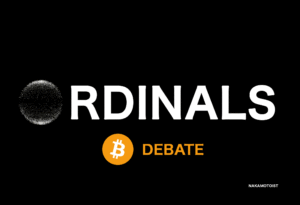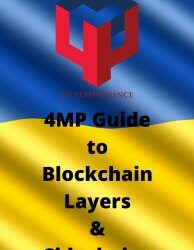A Smart Contract is a blockchain-augmented representation of a traditional contract with counterparties, rights, obligations, and considerations. They allow for the execution of either a portion or the entirety of, contractual rights and obligations with reduced human oversight and management.

The contractural terms and conditions of a smart contract are written directly into the underlying blockchain code – which increases the integrity of its terms and conditions.
Aspects of a Smart Contract
Coding & Contracts – An aspect of utilizing smart contracts is the ‘translation’ of traditional contracts into a code-based contract – resident on a digital platform, ie. blockchain. This process must be executed by both legal and technical experts.
Flexibility vs. Ridigitity – Contracts provide assurance over rights, terms, conditions due to defaults or breaches. Smart contracts, which are rigid must be adjusted to enable flexibility in the face of changing conditions.
Contractual Controls – Blockchains are tamper-resistant so their use requires that controls must be put in place to ensure there are no hacking or data breaches.
Summary
Smart contracts will most definitely play an important role in our future. Yet, anyone using this new technology must fully understand their challenges and opportunities.





0 Comments